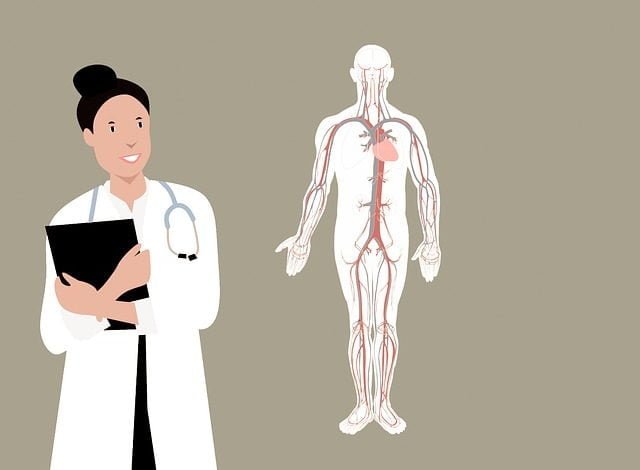
More new cancer cases linked to obesity
More new cancer cases linked to obesity
For a reminder of the importance of diet and exercise to help prevent disease, look no further than a recent study in Lancet Oncology. Researchers attributed 500,000 new cases of cancer worldwide in just one year to obesity. Being overweight is already a known risk factor for some types of cancer, including breast cancer, colorectal cancer, and pancreatic cancer. But the findings suggest obesity may play a bigger role.
The study involved thousands of people from 184 countries over a 10-year period, beginning in 2002 when researchers collected the body mass index (BMI) of study participants. BMI uses height and weight to calculate body fat. For example, anyone who is 5 feet 5 inches tall and weighs 180 pounds. or more will be classified as obese. Likewise, someone who is 6 feet tall and weighs 221 lbs. or more is considered obese.
In 2012, researchers estimated that 3.6 percent of new cancer cases that year, excluding non-melanoma skin cancer, could be attributed to an increased BMI among study participants. They found that North America had the highest rate of cancers caused by obesity — 111,000 new cases in 2012, with nearly 10 percent of diagnoses among women related to obesity.
Obesity has increased in the United States over the past 25 years, while tobacco use has declined. Now, more than 33 percent of American adults are obese and about 18 percent of adults are smokers. In 1990, about 11 percent of adults were obese, and about 26 percent were smokers. Obesity will soon replace tobacco use as the leading preventable cause of cancer, according to the American Society of Clinical Oncology.
There are several explanations for why obesity can promote the development of cancer:
- The hormone insulin-like growth factor , IGF-1, stimulates cell growth in obese people perhaps twice as fast as people of normal weight, which can promote tumor growth.
- People who are obese have higher amounts of the hormone leptin. , which appears to promote cell reproduction, and decreases the hormone adiponectin, which can inhibit cell growth.
- Adipose tissue produces high levels of estrogen. , which have been associated with a higher risk of breast and uterine cancer.
- Fat cells can influence other tumor growth regulators , such as the mammalian target of rapamycin (mTOR) and AMP-activated protein kinase.
- Obese people often have chronic low-level inflammation. , which has been associated with an increased risk of cancer.
- Microbes that live in the gut of obese people. Activating bacteria to secrete chemicals that damage DNA and cause tumor growth.
Weight loss can be challenging, but obese people can achieve significant and sustained weight loss through a combination of diet, physical activity, and stress management. “Now more than ever, we can view cancer as a disease that we can work to prevent by keeping our BMI under control,” says Nha Huynh, MD, director of nutrition at our Hospital in Philadelphia. Huynh suggests eating more high-fiber foods and adding prebiotics to your diet as nutritional strategies for maintaining a healthy weight.
- Dietary fiber can help you achieve greater weight loss by making you feel fuller for longer. You’ll eat less during a meal and won’t eat as much between meals. It also improves the way the body metabolizes glucose (blood sugar), reduces inflammation, and promotes beneficial changes in the gut microbiota. Sources of fiber include fruits, vegetables, beans, nuts, and whole grains (brown rice, whole wheat bread, and oatmeal).
- Prebiotics are indigestible carbohydrates that promote the growth of good bacteria in your gut to help you maintain a healthy digestive system. Prebiotics are found naturally in a number of high-fiber foods such as bananas, oats, asparagus, Jerusalem artichokes, beans, leeks, and onions.



